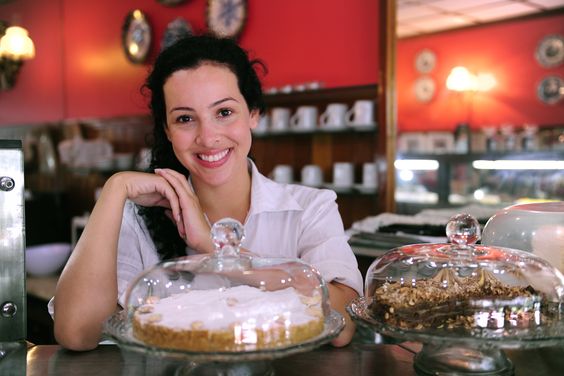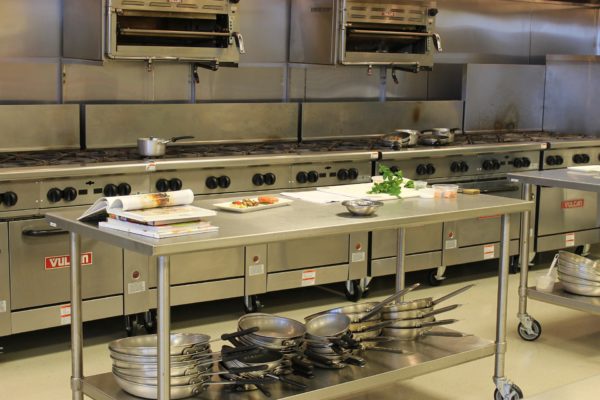
6 Tips for Renting a Commercial Kitchen for Small Food Business

Leasing a commercial kitchen space can provide you with an added advantage over your direct competition. It becomes easier for you to speed up food production when you have a good room equipped with modern culinary tools.
But then again, nobody said that starting a small food business was an easy move. Before you can get started, you will need to account for various long-term considerations. Some of this will include the costs of starting and running the business. You also need to decide how to go about getting a lease.
Furthermore, you will also need to consider the business setup process and your profit structure. Make sure you also get to calculate the length of time it will take the business to start turning a profit based on your predetermined food production volumes.
From this information, you can then establish the amount of space you will need to rent. Top among the tips you need to consider when starting the business include.

1. What Kind of Kitchen Do You Want to Start?
It’s not possible to plan your future without first deciding on the kind of kitchen you would like to start. The fact that it’s small doesn’t mean that you have to settle for a shared space while you can as well set up a dedicated kitchen.
Traditionally, there exist three main types of commercial kitchens:
Catering Kitchens: Here, there are two categories, the CPU and the food delivery kitchen
Central Production Units: A central production unit provides a single kitchen space that’s used to prepare and cook food that can be served in more than one location.
Dark Kitchens: They are popularly referred to as delivery-only kitchens. It’s ideal for those looking to sell food on various mobile apps.
2. Evaluate Your Business Needs
The first thing you need to do before beginning the hunt for space to lease is to establish the length of time your business will need. You also have to determine how much space is enough for you to run your operations without feeling constricted or messing up the preparation process.
You will also need to determine how much food you need to prepare daily to enable the business to turn around a tidy profit. While at it, also calculate the kind of refrigeration, oven, and counter space you require to handle the prepared food.
Once you have established all this, you now need to estimate the amount of money you will need to use for you to rent space for the business.
3. Utensils and Gadgets
The nature of the restaurant will influence the particular utensils and equipment you will need such as pop machines to get the small food business running. If you plan to open a bakery, you will need dry and chilled storage among a host of other gadgets. Most restaurants need refrigeration equipment like a Used Stainless Steel Three Door Commercial Freezer to keep their food ingredients fresh. In addition, commercial refrigeration maintenance must be done regularly to prevent any mechanical breakdowns that will affect the production. And before you settle on the final space for the business, confirm that it meets all your business needs.
To ensure your equipment stays in top-notch condition, reliable service providers like Excel Catering Repairs can be a valuable partner. Their expertise helps maintain your tools and keep your kitchen running smoothly, giving you the edge in delivering quality and efficiency.
4. Locating a Space
If you don’t require a big area, you can make inquiries about a shared space from other small food business owners in your area. Some regions have incubator kitchens, which entrepreneurs looking to get started in this business can lease.
Where incubator kitchens are present, it may also become easier for you to locate other essential services by making inquiries from the company running it. Such companies are known to offer support to those getting into the industry for the first time.
5. Rental Formalities
Once you have found an ideal space, you will now need to make inquiries related to the rental formalities. Have the owners or space managers provide you with details related to the weekly or monthly rent, the insurance level you need, and the type of storage materials available.
Press for more details to learn whether the space is dedicated or shared. You could also seek to know whether there are available appliances, which may save you from investing in some.
6. Properly Plan Your Kitchen
Ergonomics are essential when planning your commercial kitchen. A properly designed kitchen makes it possible for you to stand at a single spot and be able to do all your activities with ease. It means being able to handle everything without having to turn, bend, walk, or reach. A proper plan also helps to reduce fatigue, discomfort, and injuries in the work area.















































